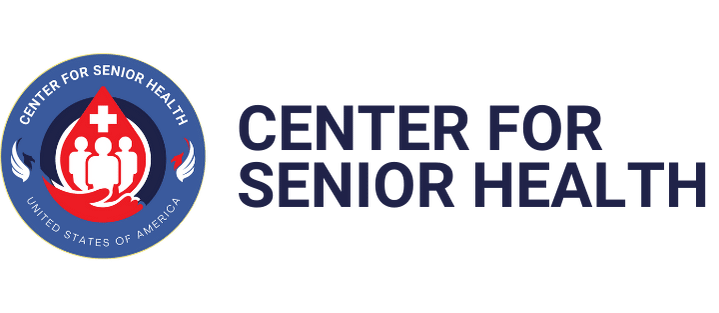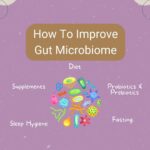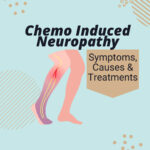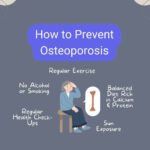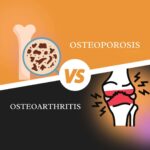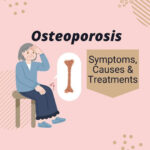As we age, our bodies undergo various changes, and it becomes increasingly important to ensure that we are providing them with the necessary nutrients to support optimal health. From hormonal changes to lower production of acid in the stomach to a decrease in appetite and physical activity, meeting our nutritional needs gets more difficult. Incorporating supplements into your daily routine can help overcome these challenges and offer multiple benefits.
Supplements should not replace a healthy and balance diet, as well as regular exercise.
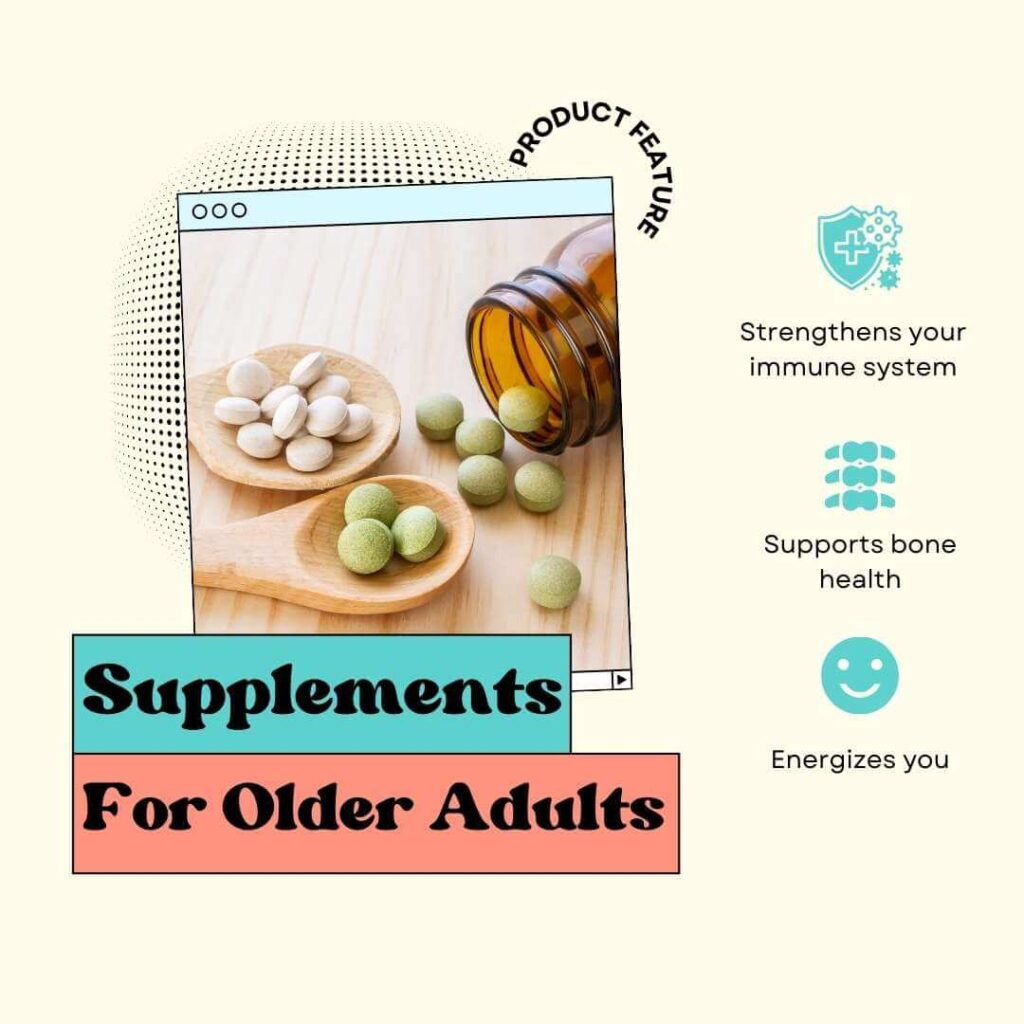
Essential Minerals And Vitamins for People Over 50
The vitamins and minerals below are the most common supplements for older adults.
Calcium: Maintaining Bone Health and Preventing Osteoporosis
- Why: Calcium plays a vital role in maintaining strong bones and preventing conditions such as osteoporosis. As we age, our bones naturally become more fragile, making it crucial to ensure an adequate intake of calcium. This mineral not only helps in building new bone tissue but also supports proper muscle function and nerve transmission.
- Foods: Calcium-rich foods are milk, yogurt, cheese, and leafy green vegetables like kale and broccoli.
- Amount: Men: 1,000 mg/ day; Women: 1,200 mg/ day
Vitamin D: Supporting Calcium Absorption and Immune Function
- Why: Vitamin D works hand in hand with calcium by aiding its absorption in the body. It also plays a crucial role in supporting immune function. Unfortunately, many older adults may have lower levels of vitamin D due to reduced sun exposure or limited dietary sources.
- Foods: To boost your vitamin D levels naturally, spend some time outdoors soaking up the sun’s rays (while wearing sunscreen). Fatty fish like salmon and mackerel are excellent food sources of vitamin D.
- Amount: Men: 15 mcg/ day; Women: 15 mcg/ day
Vitamin B12: Energy Production and Nerve Health
- Why: Vitamin B12 is essential for energy production and maintaining healthy nerve cells. As we age, our bodies may have difficulty absorbing this vitamin from food sources. A deficiency in vitamin B12 can lead to fatigue, weakness, and even nerve damage.
- Foods: Meat, fish, eggs, and dairy products.
- Amount: Men: 2.4 mcg/ day; Women: 2.4 mcg/ day
Omega-3 Fatty Acids: Heart Health and Cognitive Function
- Why: For older adults, Omega-3 fats play a crucial role in maintaining heart health and supporting cognitive function. They have been shown to reduce inflammation, lower blood pressure, and improve overall cardiovascular health.
- Foods: Fatty fish like salmon or trout, flaxseeds, chia seeds, and walnuts.
- Amount: Men: 1.6g/ day; Women: 1.1g/ day
Magnesium: Regulating Blood Pressure and Muscle Function
- Why: Magnesium is a mineral that plays a vital role in various bodily functions such as regulating blood pressure and supporting muscle function. It also contributes to maintaining proper bone density.
- Foods: Leafy vegetables, nuts, seeds, and whole grains.
- Amount: Men: 420 mg/ day; Women: 320 mg/ day
Dietary Supplements For Older Adults
- Multivitamins are a common choice among older adults because they provide a comprehensive blend of essential vitamins and minerals. They can contribute to improved energy levels, enhanced immune function, and better overall health.
- Probiotics promote gut health and aid digestion. As we age, digestive issues become more common due to factors such as reduced stomach acid production or changes in gut flora. Probiotics can help restore balance in the gut microbiome, supporting healthy digestion and regular bowel movements.
- Fish oil is rich in omega-3 fatty acids and is particularly beneficial for heart health. Omega-3 fatty acids found in fish oil help reduce inflammation throughout the body and support cardiovascular function. They may also contribute to brain health and cognitive function.
- Dietary fiber supplements provide an easy and convenient way to increase fiber intake, aiding digestion and promoting regular bowel movements.
- Protein plays a crucial role in maintaining muscle mass and strength, which can decline with age. Protein powders can be an excellent option for supplementing protein intake and supporting muscle health.
- Collagen supplements support joint health.As we get older, our bodies naturally produce less collagen, leading to decreased joint flexibility and increased risk of joint-related issues. Supplementing with collagen may help support joint health by providing the necessary building blocks for cartilage repair and maintenance. Some studies suggest that collagen supplementation can reduce joint pain and improve overall mobility in individuals with osteoarthritis.
Herbal Supplements For Older Adults
Ginkgo Biloba: Boost Your Memory and Cognitive Function
Ginkgo biloba is believed to have memory-enhancing properties by improving blood flow to the brain. Many individuals turn to ginkgo biloba to support their cognitive function and improve their memory. This ancient herb is also known for its antioxidant properties.
Turmeric: Soothe Your Joints with Anti-Inflammatory Power
Another herbal supplement popular among older adults is turmeric. This vibrant yellow spice contains an active compound called curcumin. Curcumin targets multiple pathways involved in the inflammatory response, making it an appealing natural option for managing joint health.
Studies have shown that curcumin supplementation can reduce markers of inflammation in individuals with conditions such as osteoarthritis or rheumatoid arthritis. It may also help alleviate symptoms like morning stiffness, swelling, and limited mobility.
Ginseng: Energize Your Body and Reduce Fatigue
Ginseng has been used in traditional Chinese medicine for centuries as an adaptogen, which helps the body cope with stress and increases resistance to physical and mental fatigue. It is believed to enhance energy levels by supporting the adrenal glands, which play a crucial role in regulating energy production.
In addition to its potential energy-boosting effects, ginseng has also been studied for its potential cognitive benefits. Some research suggests that it may improve mental performance, attention span, and overall brain function.
Antioxidants For Older Adults
Vitamin C: A Powerful Antioxidant
Vitamin C is well-known for its immune-boosting properties. But did you know that it also acts as an antioxidant? As we age, our bodies become more susceptible to oxidative stress caused by free radicals. These unstable molecules can damage cells and contribute to the aging process. By consuming foods rich in vitamin C such as citrus fruits, strawberries, bell peppers, and broccoli or taking supplements specifically designed for older adults, seniors can enhance their body’s defense against cellular damage.
Vitamin E: Nourishing Aging Cells
Another essential antioxidant for older adults is vitamin E. This fat-soluble nutrient helps protect cell membranes from oxidative damage while supporting healthy skin and eyesight. It also plays a role in maintaining red blood cells and supporting the immune system. Incorporating vitamin E-rich foods into your diet such as nuts (almonds and hazelnuts), seeds (sunflower seeds), spinach, and avocados can provide a natural source of this vital antioxidant.
Glutathione: Detoxification Support
Glutathione helps eliminate harmful substances from the body. Foods rich in this antioxidant are avocados, spinach, asparagus, and broccoli.
Resveratrol: The Anti-Aging Compound
Resveratrol has gained significant attention for its potential anti-aging effects. Found abundantly in grapes and red wine (in moderation), resveratrol exhibits antioxidant properties that may help reduce inflammation and protect against age-related diseases such as heart disease and certain types of cancer.
Safety Considerations
When choosing the supplements for your needs, take note of these safety considerations:
- Discuss supplement use with your healthcare provider. Your doctor or pharmacist will be able to provide valuable insights and guidance on which supplements are safe for you to take alongside your medications.
- Adhere to recommended dosage instructions: Taking more than the recommended dose does not necessarily mean better results; in fact, it can be harmful. Taking excessive doses of certain nutrients can lead to adverse effects on your health. For example, high doses of vitamin A over an extended period have been linked to liver damage and bone loss.
- Be cautious of potential side effects or allergic reactions: While most supplements are generally safe for consumption, individual responses may vary. Keep an eye out for symptoms such as digestive issues, skin rashes, headaches, or changes in blood pressure. If you experience any concerning symptoms after starting a new supplement regimen, consult your healthcare provider immediately.
- Check for quality assurance certifications: Look for certifications from reputable organizations such as the U.S. Pharmacopeia (USP), NSF International, or ConsumerLab.com.
Tips How To Choose The Best Supplements for Healthy Aging
Are supplements really necessary?
Supplements have become increasingly popular, with a wide range of options available on the market. However, it’s important to note that not everyone needs to take supplements. In fact, many older adults can meet their nutritional needs by consuming a well-balanced and nutritious diet. Before considering any supplements, it’s essential to evaluate your current dietary habits and determine if you are already obtaining adequate nutrients from food sources alone.
Reading product labels and understanding ingredient lists
Take the time to carefully read the label and pay attention to the recommended dosage instructions. Some ingredients may interact with medications or have potential side effects, so consulting with a healthcare professional before starting any new supplement regimen is always advisable.
Considering individual dietary restrictions or allergies
Individuals often have unique dietary restrictions or allergies that need consideration when selecting supplements. For example, someone with lactose intolerance should avoid calcium supplements derived from dairy sources. Similarly, individuals with seafood allergies should steer clear of fish oil capsules.
Optimizing Health with Supplements
In conclusion, incorporating supplements into your daily routine can be a beneficial way to optimize your health as you age. By choosing the best supplements for healthy aging, you can meet your body’s nutritional needs and support your overall well-being. Consult with a healthcare professional who can provide personalized advice for best results.
FAQs
Can I take multiple supplements at once?
Excessive amounts of certain minerals and vitamins can have adverse effects, so it’s best to consult with a healthcare professional before doing so.
Are there any risks associated with herbal supplements?
While herbal supplements are generally considered safe for most people, they can still pose risks if not used correctly.
How long does it take for supplements to show results?
The time it takes for supplements to show noticeable results varies depending on various factors such as the type of supplement and individual differences in metabolism. In general, consistency is key – taking them regularly over an extended period is more likely to yield positive outcomes.
Can I replace a healthy diet with supplements?
Supplements should complement a healthy diet rather than replace it entirely. While they can help fill nutritional gaps, obtaining nutrients from whole foods is always preferable due to their additional benefits like fiber content.
Should older adults take specialized multivitamins?
Specialized multivitamins formulated for older adults can be beneficial, as they often contain nutrients that cater to specific needs associated with aging.
References:
https://www.nia.nih.gov/health/dietary-supplements-older-adults
https://www.nia.nih.gov/health/vitamins-and-minerals-older-adults
- How To Improve Gut Microbiome – 26 May 2024
- Chemo neuropathy treatment: What to do? – 19 May 2024
- How to Prevent Osteoporosis: Effective Strategies & Simple Steps – 28 December 2023
